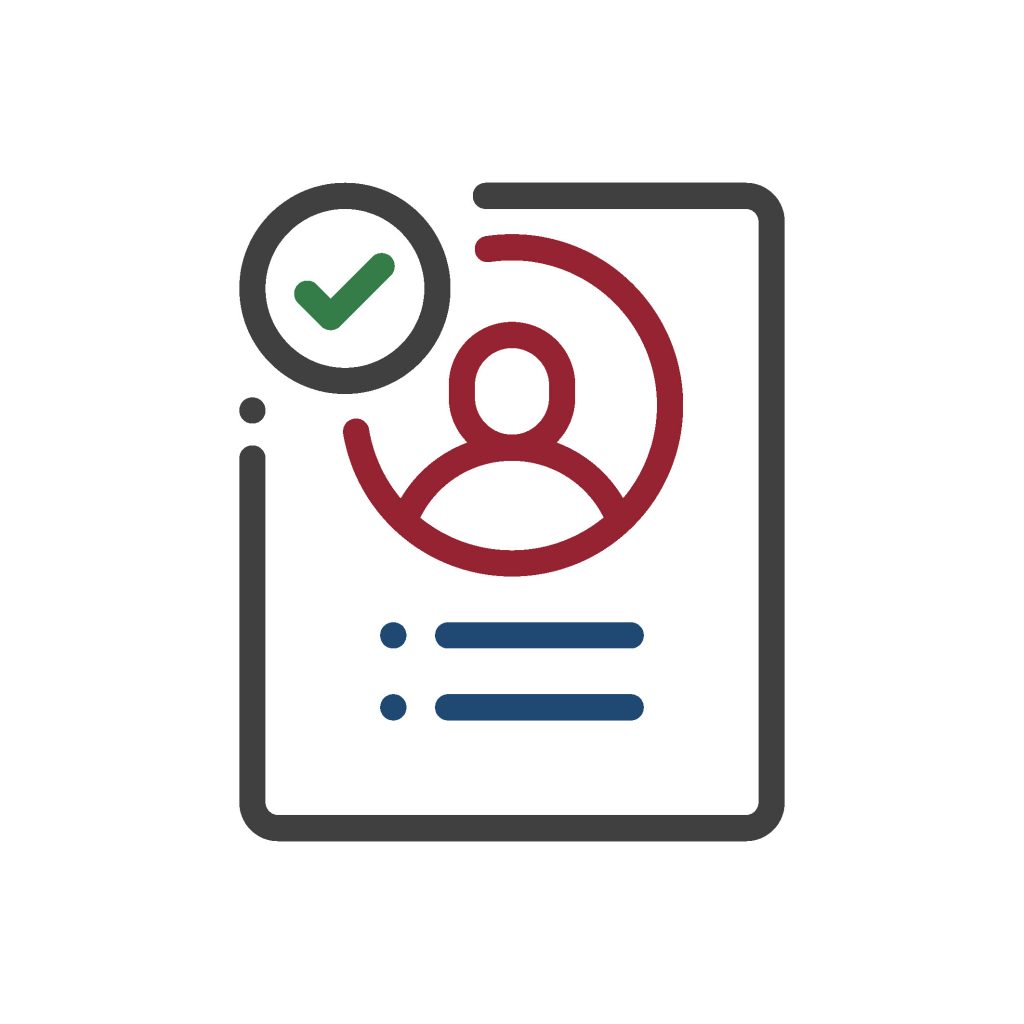So many people are looking for work at the current time…
Either, because they have sadly been made redundant, or, suspect that they may be, as a result of the COVID 19 pandemic, or, have been furloughed and are awaiting news from their employers about their future work prospects.
We have had many calls recently asking for help with the development of CVs…and have gladly offered this service as part of the redundancy process. So here goes – some complimentary advice for the job seekers amongst you.
Personal Information
Make it really easy for the person reviewing your CV to get in touch with you. Ensure you state your mobile number and email address in bold at the top of your CV. If the recruiter has to hunt for your contact details in a fancy formatted document, the likelihood is, they may not bother.
Covering letters? Include or not?
Definitely include a cover letter. Make sure you clearly state where you live and whether you can and will relocate or travel. A cover letter is a great way to supplement the details on your CV. It may be the difference between being shortlisted or being overlooked for another candidate.
Make the CV reviewer’s life easier by summarising the skills and attributes that make you the ideal candidate for the job, research the Company, and follow the instructions on how to apply to the letter. Sounds obvious, but if you have been asked to submit your details via an applicant tracking system and you send it via email your application may be overlooked.
Photos on your CV?
Great idea if your photo portrays you as an appropriately dressed professional! If you are wearing a fancy-dress outfit and the role does not require this attire, probably best to leave the photo off the CV/covering letter!
Opening statement/paragraph
For those of you who are used to attending networking events, this paragraph is the equivalent of the elevator speech. Be succinct, highlight your strengths, be engaging and relevant in order to grab the interviewer’s attention. Try and interweave some of the words that were in the job advert. If they are looking for a highly organised PA – play that back to them, it will help you stand out from other candidates. Make the interviewer’s life easier.
An interviewer does not spend a lot of time reviewing a CV, there is research that states it is a matter of seconds, not minutes that interviewers spend scanning each CV. Make it simple for them to spot you as a qualified candidate, and encourage them to read more about you and their employment history.
Achievements in your roles to date.
Don’t list your job as it is in your job description, interviewers want to know how you made a difference, what did you achieve when you did this role? What makes you stand out against another person that carried out a similar role? Did you save a significant amount of money for the Company, did you design a new process that increased efficiency? A good achievement could be one of the following:
- Increase performance
- Decrease costs
- Increase profits and sales
- Reduce time
- Increase efficiency
- Expand client base
- Lower cost units
- Provide better controls
- Permit better decision making
Use interesting language.
Promoted to… at the start of every paragraph is mundane and predictable. Use more descriptive language.
Words an HR professional may use when developing their CV:
| Advised | Employed | Handled | Motivated |
| Balanced | Facilitated | Hired | Recruited |
| Collaborated | Grouped | Integrated | Sponsored |
| Consulted | Guided | Monitored | Strengthened |
| Counselled |
Good luck with your job hunting, I hope this has been useful. Perhaps ask for a second opinion on your CV from someone you trust, always spell check the document before you send it. And make sure it is easy to follow, weird formatting can be irritating as it makes the CV difficult to read.



